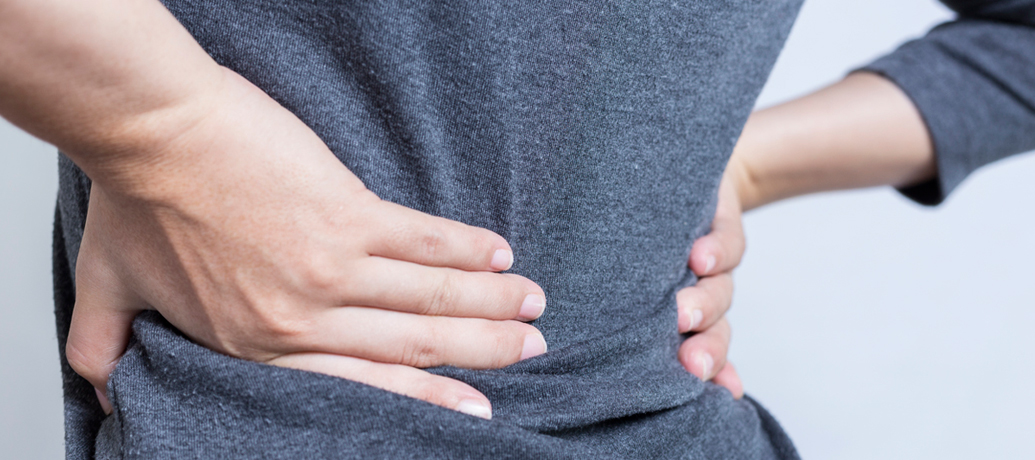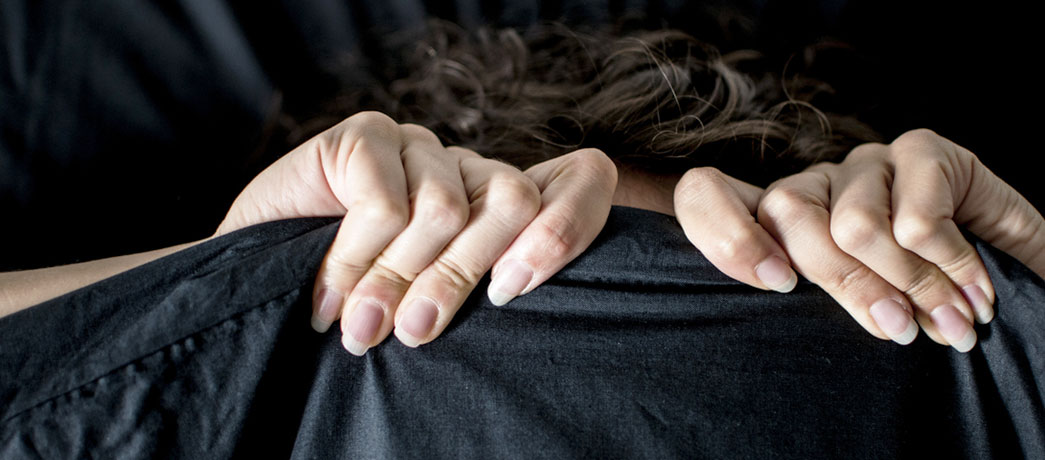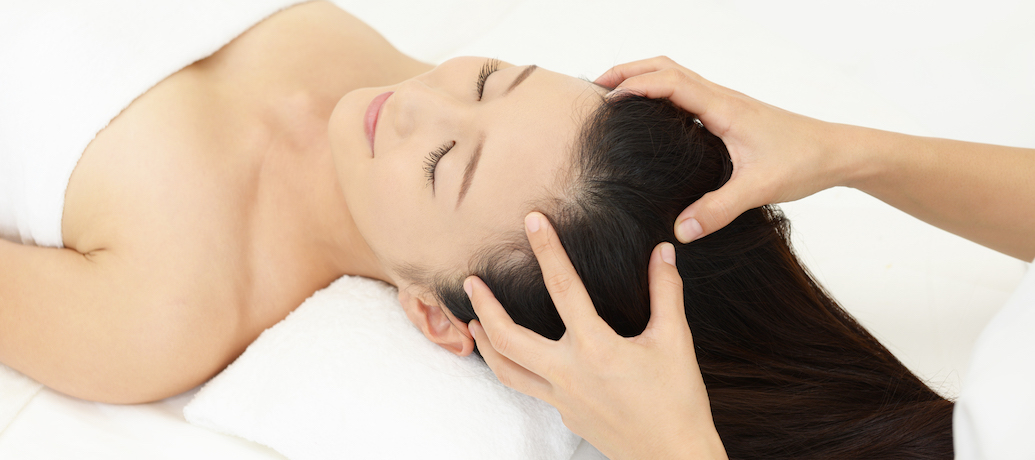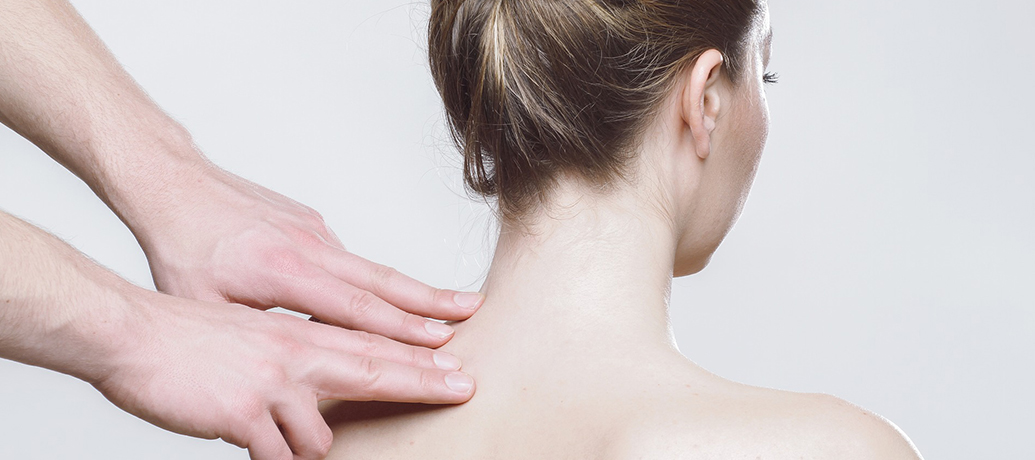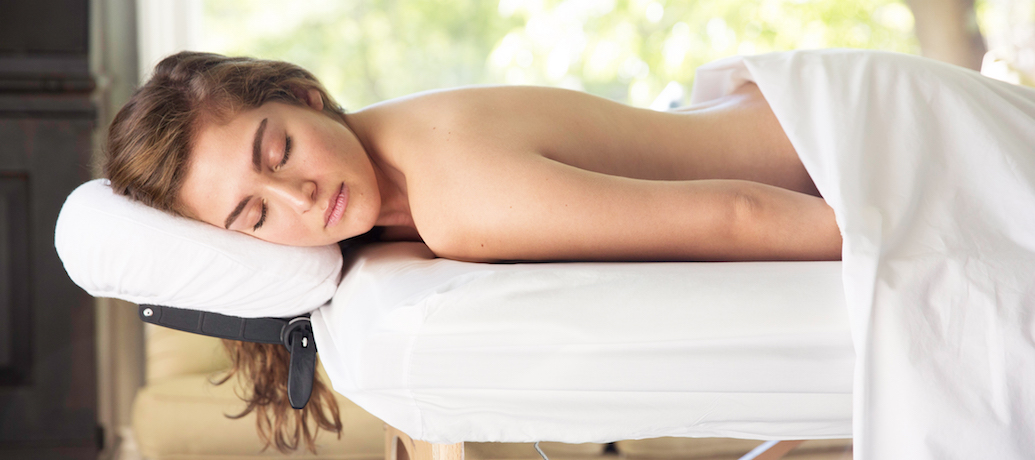If you suffer from headaches or migraines (as do more than one third of men and over half of women, according to the World Health Organization), there are some surprisingly effective natural headache remedies that you should know about.
Having chronic headaches is bad enough, but the side effects of medications used to treat them can sometimes leave you feeling even worse than when you started. Wouldn’t it be nice if there were alternatives to taking headache drugs?
It turns out that you may be able to reduce the frequency of your migraines or tension headaches without using medicine.
Caffeine
Many over-the-counter medications for migraines include caffeine as a primary ingredient, and for good reason. Tension headaches are characterized by the opening up (dilation) of blood vessels around the skull. Caffeine constricts the blood vessels, thus reducing pain from headaches.
Try it:
There are many good sources of caffeine. Coffee might be the first thing that comes to mind, but it certainly isn’t the only option for a quick caffeine boost. Black tea is another good source of caffeine. Green tea and dark chocolate contain caffeine in lesser amounts.
Massage
Massage doesn’t just relax tight back muscles; it can prevent and reduce headaches, too. Massage therapy has proven to be an effective measure for reducing chronic migraines and tension headaches. Massage also eases muscle tension in the neck, jaw, and shoulders, which can cause headaches.
Try it:
Schedule a massage to receive the benefits of improved circulation, reduced stress, and eased muscle tension, all of which may help cure your headache. Make sure to tell your massage therapist that you suffer from migraines or headaches before getting a massage for headache prevention or cessation.
Peppermint Essential Oil
One study suggests that peppermint essential oil may work just as well as over-the-counter headache medication. This study compared peppermint essential oil with acetaminophen (Tylenol) to see which was more effective in the treatment of tension headaches. The study found that a 10% peppermint oil solution applied on the skin of headache sufferers was just as effective as acetaminophen in reducing headache symptoms.
Try it:
Place a few drops of peppermint essential oil on your temples and the back of the neck when you feel the beginning signs of a headache.
B-Complex Vitamins
B Vitamin deficiency has been linked to migraines and chronic headaches. Supplementing your diet with B vitamins can help reduce the frequency and severity of migraines and tension headaches.
Try it:
To get more B vitamins in your diet, ramp up your consumption of eggs, broccoli, lean meat and milk. As an added precaution, take a multivitamin containing B2 and B3.
Exercise
Exercise isn’t just helpful for your waistline — it can reduce tension headaches, too. Research shows that muscle endurance and strength training decreases chronic headaches and neck pain by 58 to 70 percent.
Try it:
We’ll go with the Department of Heath and Human Services weekly recommended exercise here. Aim for 75 minutes of vigorous exercise or 150 minutes of moderate exercise per week (about 10-20 minutes a day depending on your intensity level). Be sure to follow up with stretching or a sports massage.
Meditation
By increasing self-awareness and reducing overall stress and anxiety, meditation can allow the body to adapt better to physical stress and avoid the onset of headaches. One study of migraine sufferers found that following a meditation practice reduced the number and severity of migraines and improved their mindfulness and sense of personal control.
Try it:
Taking a 10 or 15 minute “mental vacation” can help reduce anxiety and stress. Try a meditation app like Headspace or Calm, or in-person guided meditation to get started with learning how to clear your mind.
Hydration
Dehydration is a major cause of headaches — and one that is often overlooked. The recommended daily water intake for an adult is between 2 and 3 liters of water per day.
Try it:
Keep a bottle of water handy so you can keep up with your recommended water intake. Cut down on other liquids, like juice and soda. And remember, by the time you actually feel thirsty, you’ve already waited too long to rehydrate.
Marcy is the SVP of People and Communications at Zeel. In addition to overseeing the humans of Zeel, Marcy has written about workplace topics for more than 20 years both at Zeel and as VP of Content for Vault.com, a career information web site and publisher.


